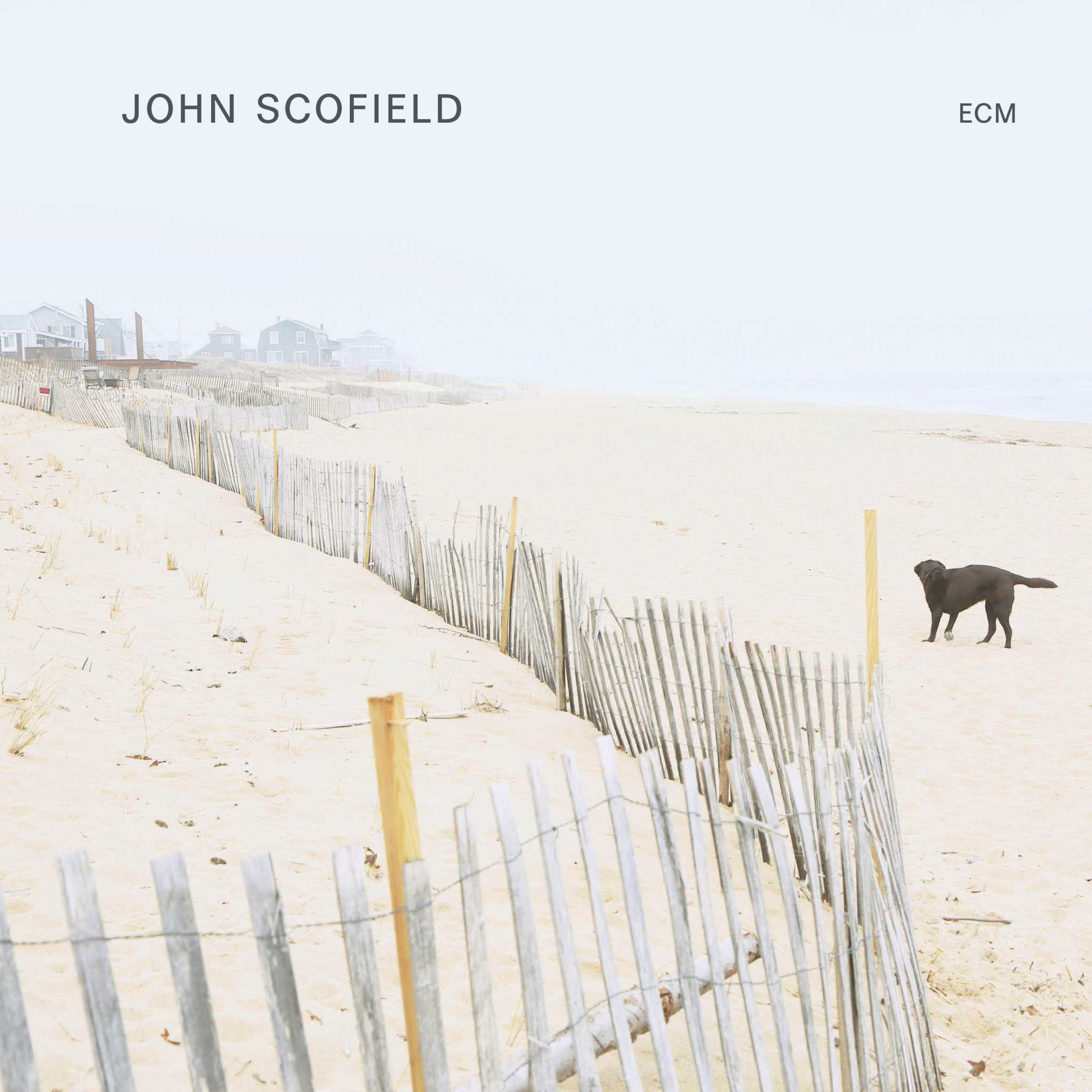Album insights
Georges (Georgij) Lwowitsch Catoire kam am 27. April 1861 als Spross einer Familie mit französischen Wurzeln zur Welt. Schon als Kind offenbarte er beeindruckende musikalische Fähigkeiten, sowohl am Klavier als auch als Komponist. Ob er sich jedoch tatsächlich für eine Laufbahn als Musiker entscheiden würde, war zunächst unklar. Im Alter von vierzehn Jahren erhielt Catoire Klavierunterricht bei Karl Klindworth, der nicht nur Schüler von Liszt, sondern auch Bewunderer Wagners war. Obwohl er sich an der Universität Moskau dem Mathematikstudium widmete, blieb seine Leidenschaft für die Musik stets bestehen. Durch Klindworth lernte er die Werke Wagners kennen und trat 1879 der Wagner-Gesellschaft bei.
Als Klindworth 1884 nach Berlin übersiedelte, besuchte Catoire im Jahr darauf die Bayreuther Festspiele. In Moskau gehörte er zu den ersten Musikern, die Wagners Bedeutung erkannten. Neben seinem naturwissenschaftlichen Studium an der Universität Moskau, das er mit Auszeichnung abschloss, wuchs seine Hingabe zur Musik. Nach erfolgreichem Examen war er zunächst im Betrieb seines Vaters tätig, entschied sich jedoch bald, bei V. I. Vilborg, einem weiteren Klindworth-Schüler, zu lernen.
Catoire komponierte eine Klaviersonate, die unveröffentlicht blieb, und arrangierte Werke von Liszt und Tschaikowsky. Später führte ihn sein Studium zurück nach Berlin zu Klindworth, ehe er nach einem Aufenthalt in St. Petersburg endgültig nach Russland zurückkehrte, um sich vollständig der Musik zu verschreiben. Er entwickelte einen charakteristischen harmonischen Stil, der die tonalen Möglichkeiten der Musik um 1900 erweiterte.
Seine Kompositionen sind geprägt von einer individuellen Tonsprache und einer besonderen Klaviertechnik. Als geschätzter Professor am Moskauer Konservatorium prägte Catoire die Lehre der Komposition in der Sowjetunion nachhaltig. Nach seinem Tod geriet sein Werk jedoch weitgehend in Vergessenheit, was sowohl gesellschaftliche Entwicklungen als auch die geringe Verbreitung seiner Musik begünstigten.
Der Nachlass Catoires umfasst vor allem Kammermusik und Werke für Soloklavier. Einer seiner bekanntesten Schüler war Kabalewsky, der ebenfalls ein bedeutender Komponist wurde. Erst spät wurde Catoires außergewöhnliches Talent in der Musikwelt gewürdigt – seine Musik zeugt von einem bemerkenswerten Künstler, der lange Zeit im Hintergrund blieb.




